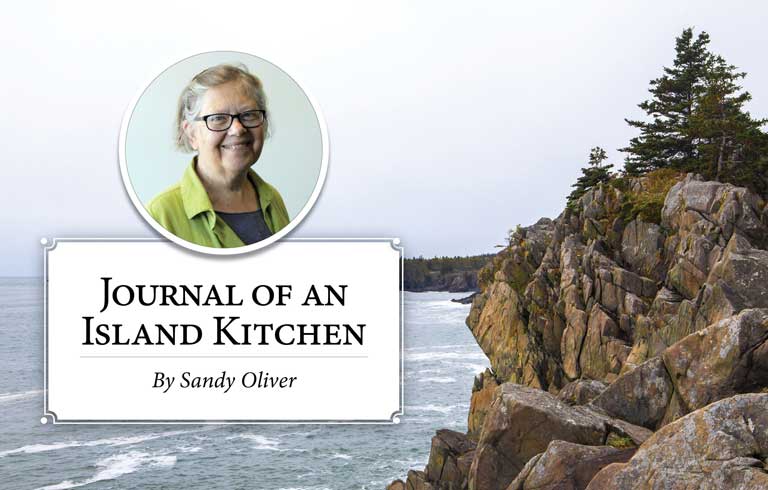Most fruit trees overestimate how much fruit they can ripen. I thin my peaches in early summer, the Red Haven first which ripens a little sooner than the Reliance, whose fruit is already the diameter of a quarter. The tree will naturally throw off some of its fruit sets; I can shake a branch and pea-sized fruits fall. Still, many remain and I twist the tiny peaches and tug, unscrewing them from the stem.
It’s terrible, thinning peaches because I imagine wonderful, luscious fruit in each one I pull off, though that is fiction. The ripe, un-thinned fruit would be small and too much weight stresses the tree’s branches.
As it is, all the lovely potential fruit I leave on might never get to glowing, fragrant maturity. At the last moment, it might be susceptible to brown rot and fall off as happened one year when I harvested only a handful.
Sometimes, I think, with the peaches, I am never out of the woods.
That’s true with a lot of gardening. Missing watering on a hot sunny day can destroy a row of seedlings. A couple of days of not watching for Colorado potato beetles can result in masses of the most disgusting larvae God and Mother Nature ever created. Taking a vacation during gardening season is a terrible idea.
With vigilance, I get the garden out of the woods to have enough to sustain us.
Sometimes I think of caterers being the bungee jumpers of the culinary world. No matter how often one does it, no matter how much confidence one possesses, a last-minute disaster lurks.
Consider the wedding cake delivered in a van belonging to a dog-owner. Frosting covered in dog hair, which blew around during the trip, took venue staff too much last-minute time to tweezer away the hairs and smooth the frosting. Until the food is in the diners’ stomachs, you’re never out of the woods.
One is never out of the woods in marriage either. Exercising vigilance, giving up small annoying habits, extending tolerance beyond whatever one might have imagined possible, cultivating amazing love. Humans, though, over their lifetime, keep changing and sometimes where we end up hardly resembles earlier expectations.
A couple I knew approached their 80s, and the wife asked for a divorce. The husband said, why bother, we are so old. And she said, that’s exactly “Why bother.” As her life span grew shorter, she decided that the rest of it would be on her terms.
After the Jan. 6 riot at the Capitol, I read about people who later couldn’t understand how they became caught up in the frenzy, why they sacrificed careers, and sometimes marriages in a moment of forgetting who they were.
One brief moment, and one is hopelessly lost in the woods.
In my 75th year, I look back and rejoice that apartheid ended in South Africa; that Catholic and Protestant Ireland have approached something akin to peace. It gave me hope, however frail, for Israel and Palestine.
When President Lyndon Johnson signed the Civil Rights law, I thought, “Finally, thank goodness.” I was relieved when Roe v. Wade became law and was happy when the Cuyahoga River stopped burning and I saw human greed and selfishness curbed by environmental law.
A historian by training, and something of an anarchist by temperament, I looked back over the arc of time and generally observed that our society moved, glacially sometimes, towards a much less brutal existence. For example, Americans generally do not draw and quarter people they don’t agree with and cockfights are not common in our streets.
We’ve approached a freer, more caring and participatory society. I am glad I vote, own property, drive, and go to the grocery store without a male relative chaperone.
I could not have imagined that I’d live long enough to see my beloved Earth at risk of irreparable harm and my treasured democracy undermined. Thank goodness for island living where people must get along enough to thrive, where we are too interdependent to disagree for long.
I may be pretty optimistic over the long haul with scant short-term evidence to justify it, but I’ll bet on civil disobedience and individuals making better economic and personal choices in order to moderate this.
We are certainly never out of the woods.
Sandy Oliver is a food historian who gardens, cooks, and writes on Islesboro. She may be reached at SandyOliver47@gmail.com.





